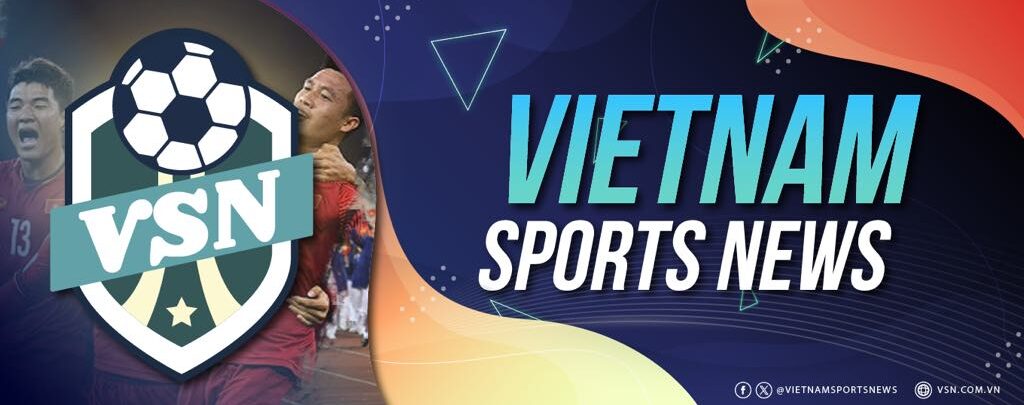
Hanoi, 24 June, 2025 – On June 24, the National Assembly of Vietnam approved amendments to the Law on Vietnamese Nationality, a move that is being widely welcomed as a positive step for the development of Vietnamese football.
The revised law lowers key barriers for foreign nationals seeking Vietnamese citizenship, particularly benefiting footballers who have contributed to the domestic game or have family ties to Vietnamese citizens.
Under the updated law, applicants for citizenship are generally still required to comply with the Constitution and laws, respect local culture and customs, speak Vietnamese well enough to integrate, reside in Vietnam for at least five years, and be financially self-sufficient. However, the new regulations introduce significant exemptions. Those who are married to Vietnamese citizens or have children, parents, or grandparents who are Vietnamese can now be exempted from requirements such as language proficiency, duration of residence, and financial independence.
This change directly benefits foreign players in the V.League who have made long-term contributions to their clubs and communities in Vietnam. One notable example is Hendrio, the Brazilian-born midfielder currently playing for Hanoi FC. Hendrio has spent several seasons in Vietnam, becoming one of the standout foreign stars in the league. With the new law, players like him who may have Vietnamese spouses or children will find it much easier to apply for citizenship. If successful, they would no longer count as foreign players in domestic competitions, opening the door for clubs to strengthen their squads while adhering to league rules on foreign player quotas.
In addition, this amendment is also a boost for overseas Vietnamese footballers—commonly known as Viet Kieu—who often face complicated legal procedures to regain their citizenship and represent Vietnam internationally. By simplifying the process, the revised law makes it easier for these players to return and play for the national team, providing more depth and quality to the squad.
Vietnam’s decision to adjust its nationality law reflects a strategic vision aimed at attracting talent and building stronger foundations in key sectors, including sports. For football in particular, this policy is expected to help domestic clubs grow stronger, encourage long-term commitments from foreign players, and create a more competitive environment overall.
Ultimately, this is more than just a legal change—it is a clear message that Vietnam is serious about becoming a regional football powerhouse. By recognizing the contributions of foreign and overseas Vietnamese players, and making it easier for them to become part of the national football fabric, Vietnam is taking an important step forward.
Kim Chi

Leave a Reply